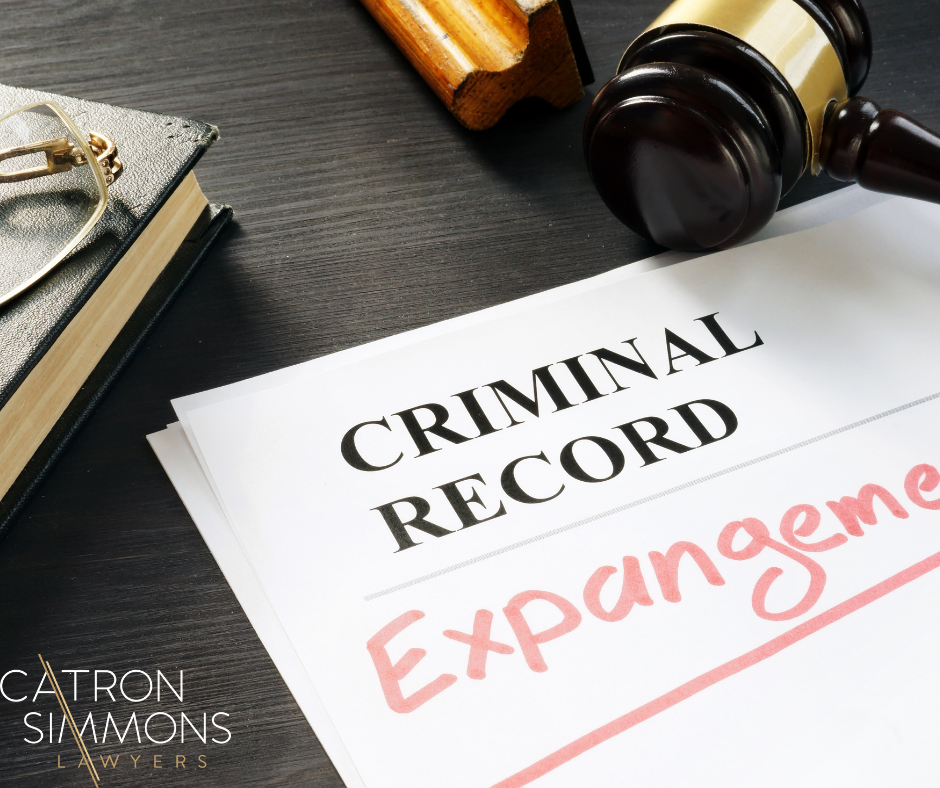Spent Convictions, What are they?
A spent conviction is a scheme where after a period known as the ‘waiting period’ or ‘crime-free period’ a conviction is ‘spent’.
The waiting period in NSW and for commonwealth offence is a period of 10 years as an adult and 3 years otherwise. Where an offence is capable of being spent, it will be spent automatically. You do not need to contact us or take further action.
Which Convictions fall under this scheme?
All convictions are capable of becoming spent, except the following:
- convictions for which a prison sentence of more than 6 months has been imposed,
- convictions for sexual offences,
- convictions imposed against bodies corporate (e.g. a company),
- convictions prescribed by the regulations
Exclusions to the spent conviction scheme
There are some situations where your right to non-disclosure doesn’t apply under the Criminal Records Regulation 2019 (NSW).
Someone who is assessing another individual’s suitability to work with children may get to use and disclose information about the individual’s spent conviction.
A law enforcement agency may disclose or take into account a spent conviction to:
- decide a prosecution or sentencing matter (for example, a court)
- assess a prospective employee or consultant (for example, AUSTRAC, an intelligence or security agency)
- Application to become a solicitor
- make certain disclosures to another law enforcement agency
An exclusion also applies when an individual makes a decision under the Australian Citizenship Act 2007 or the Migration Act 1958.
Further disclosure to employers?
The spent conviction scheme only allows for an individual not to disclose a conviction for a relevant offence. A number of employers are now asking questions like have you ever been arrested or charged to get around this legislation.
Will a spent conviction show or be considered on
a Criminal Record Check?

Applications for National Police Checks for the following
purposes may disclose details of older convictions and/or findings of guilt as an exclusion may exist in the State or Territory where the offence occurred –
- Working in Aged Care/working with the Aged
- Working with children/working as a teacher/teacher’s aide
- Working with or caring for the disabled
- Hospital employment
- Firearms permit applications
- Firefighting/fire prevention
- Immigration/Citizenship
- Immigration Detention Centre employment
- Some Government security clearances
- Superannuation trustee
- Some overseas employment
- Taxi/Uber/Bus driver accreditation
The above list is not exhaustive and further exclusions may exist.
How is this information handled?
It is against the law for an individual or agency to disclose information about a spent, pardoned or quashed conviction where the individual concerned has a right to non-disclosure. Unless an exclusion applies.
Likewise, an individual or agency can’t take into account information about a spent, pardoned or quashed conviction if the individual concerned has a right to non-disclosure. For example, if you inadvertently disclose information about a conviction during a job interview when you have a right not to, the information can’t be used to assess your eligibility for employment, unless an exclusion for a spent conviction applies.
If you consent to having your spent conviction disclosed, these requirements don’t apply.
If the Privacy Act covers an organisation or agency, then they must follow the Privacy Act when handling information about your criminal record. The Privacy Act covers Australian Government agencies and organisations with an annual turnover of more than $3 million, and some other organisations.
It is an offence to obtain or attempt to obtain information concerning a spent conviction fraudulently or dishonestly under the Criminal Record Act 1991 (NSW). This offence carries a maximum penalty of $5500 or imprisonment for 6 months, or both.